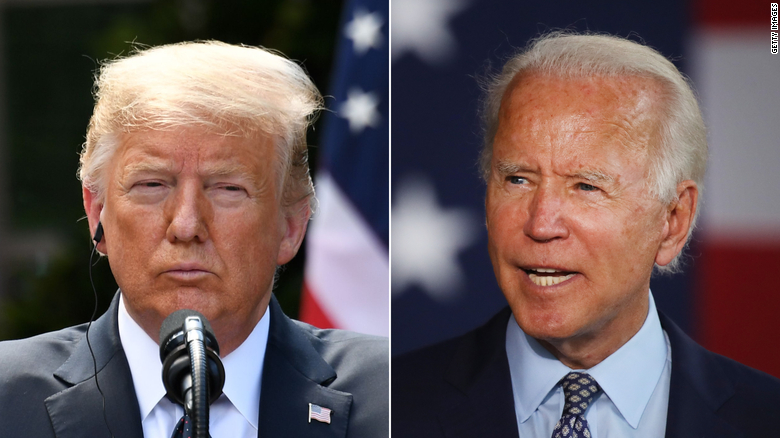
The Nov. 3 U.S. presidential election is unprecedented even up until the day before. As the voting day approaches, it seems like the tougher and more chaotic fighting will go beyond the end of the election. Regardless of whether the Republican or Democratic Party wins, the American-style tradition of electoral democracy called “clean acceptance” will be shaken, which will also cause severe aftereffects.
The U.S. presidential election has not been just a U.S. election for a long time now. It is an important choice of who will lead the world’s most powerful country for four years. Moreover, the election will determine the leadership that determines the direction and role of the U.S. in the international community “post-corona,” amid a prolonged competition for full hegemony between the U.S. and China, which extends beyond commerce, finance, business and technology to military and security.
This is even more of a pressing concern in our country, South Korea. This is due to the reality that the security of the Korean Peninsula is in a “four-power system” centered on the U.S. and China, as the economy relies on exports and food, while energy depends on imports. From the direction of the development of the Korea-U.S. alliance, which is a key pillar of South Korea’s diplomacy, to dealing with the formidable risks of North Korea’s nuclear weapons, all of which are in the final stages, all are affected by the outcome of the election. Depending on the formation of the new administration, the conclusion of negotiations on sharing the defense cost of U.S. troops in South Korea could also change. It is not a “view across the sea” from a Korean perspective, which has no choice but to worry about the “anti-dumping list” or “designation of a currency exchange control bureau” from Washington, which could rise at any time.
Whether Donald Trump, the current president, calls in the so-called “Shy Trump” support group to regain power, or Joe Biden of the Democratic Party, the oldest presidential candidate in U.S. history, wins, South Korea could face a tough time. The economy and security are not in a safe situation regardless of who becomes president.
But what about our diplomatic reality? The U.S. ambassador, who is out of the country, causes more trouble, and the foreign minister still has no presence. While U.S. Secretary of State Mike Pompeo, who recently visited five Asian countries, included Vietnam in his visits, the relationship between South Korea and the U.S. does not seem smooth enough to rekindle concerns over “Korea passing.” Diplomacy is a “game of national survival” with opponents, and it is questionable with whom and how the current administration is playing.
While keeping an eye on the turbulent flow of the U.S. presidential election, it is necessary to clearly capture the international coordinates and status of South Korea in its policies toward North Korea and China, as well as the economy. The cool-headed perception of the past, present and future of the Korea-U.S. alliance will be the starting point.

Leave a Reply
You must be logged in to post a comment.